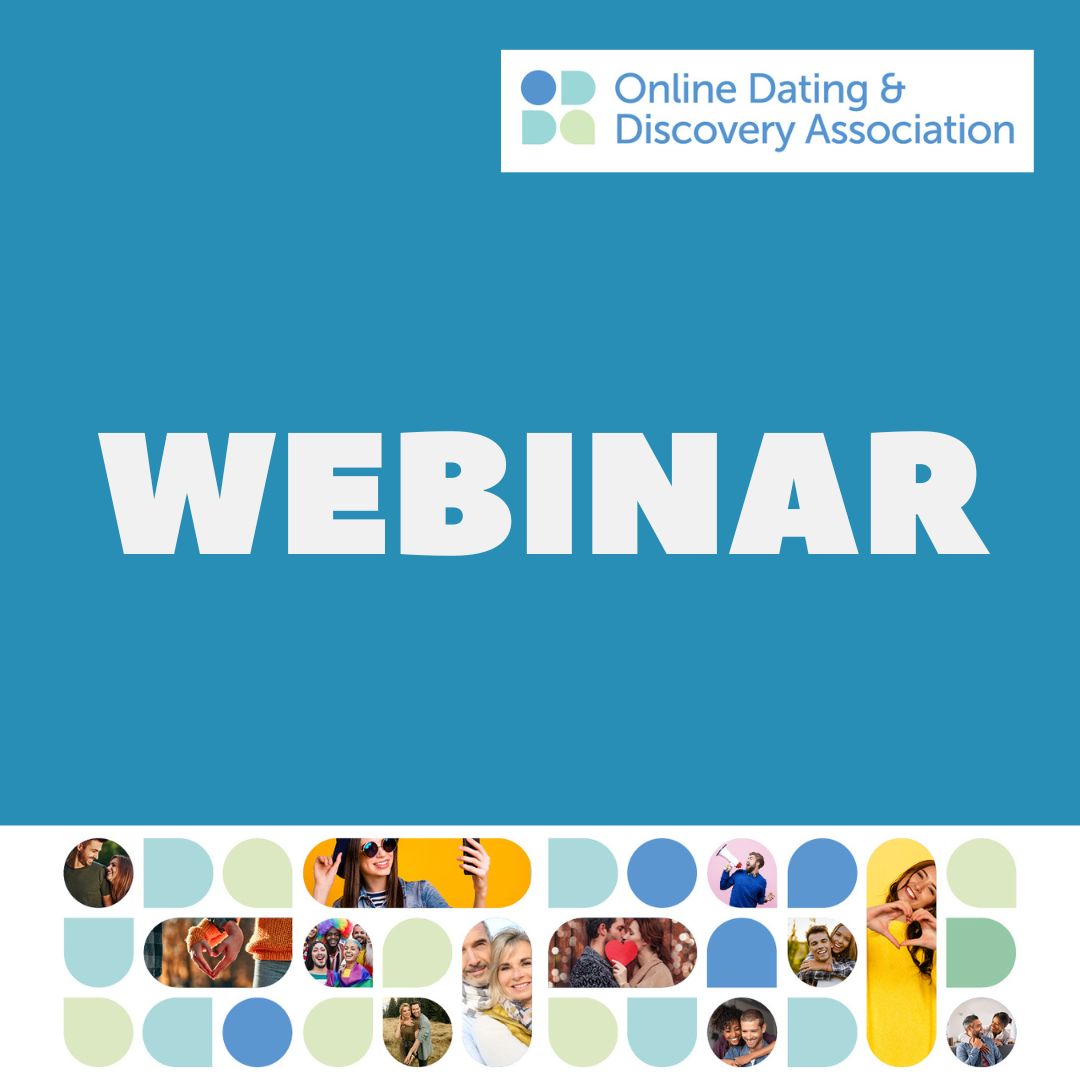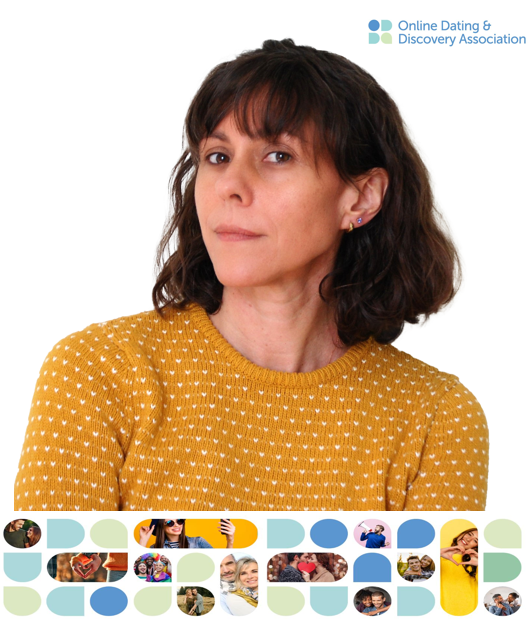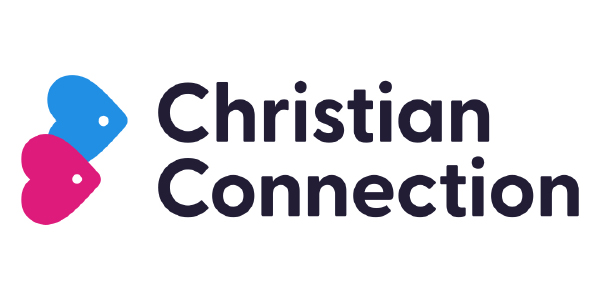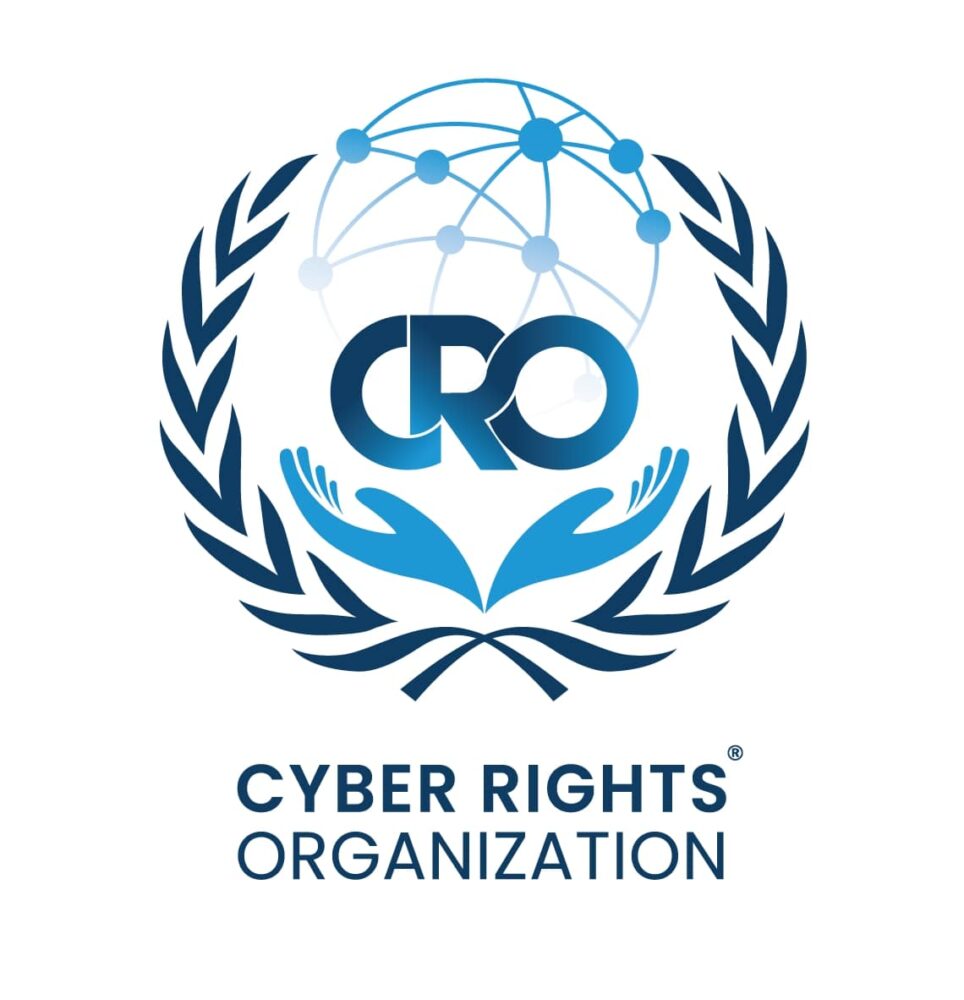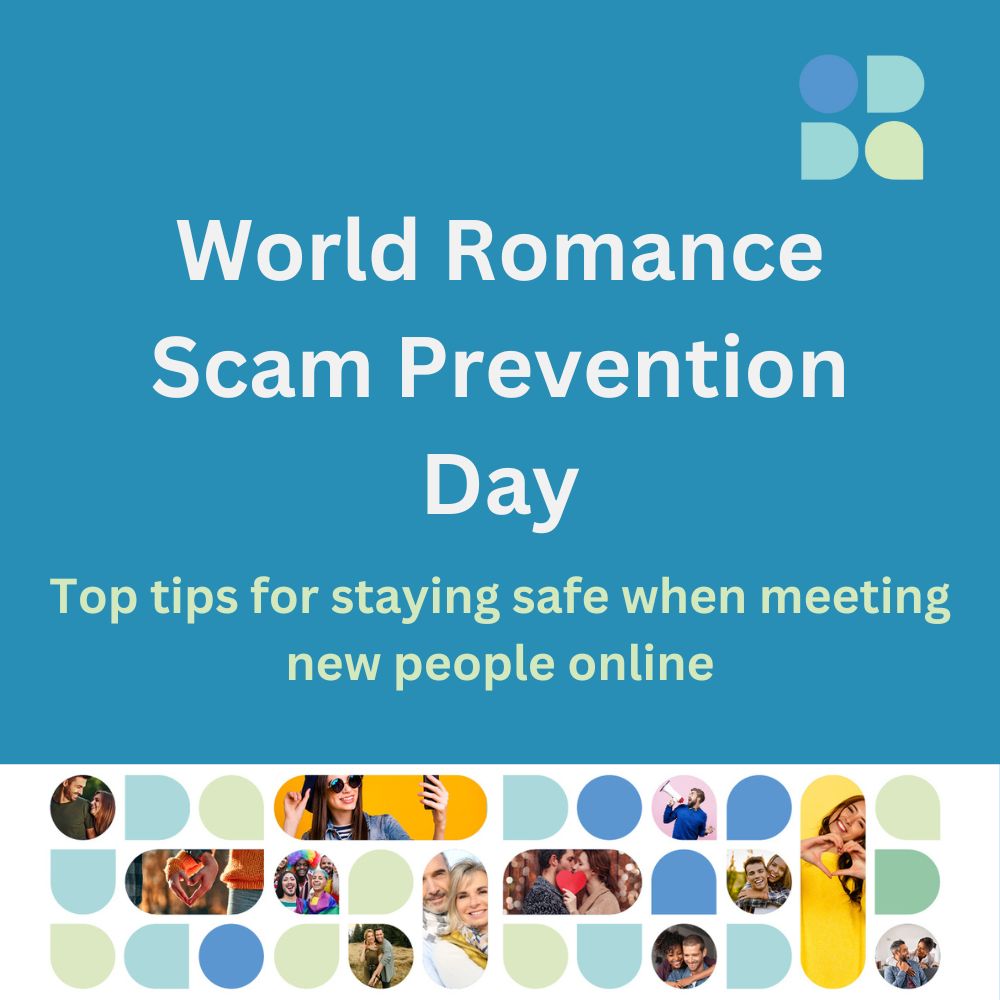
World Romance Scam Prevention Day: Top tips for staying safe online
Advice for Consumers:
Millions of us go online to meet new people and develop new relationships. The overwhelming majority have a great time, but, sadly, there are some people who try to use social media, dating and other services to commit fraud.
Romance fraud isn’t exclusive to online dating – it can happen on any online platform that offers user to user communication. In fact, you’re less likely to come across a scammer on an online dating site than you are on other platforms. That’s why it’s important to be aware of scammers on every platform you use.
Our members take user safety very seriously and use a variety of tools and techniques to block and remove scammers quickly. You will also find secure messaging platforms and reporting tools that enable daters to flag and block any false profiles.
However, daters need to remember that no online system is 100% secure and there are practical limits to the checks that can be done and that users are willing to go through. There is also little any dating service can do after someone has been persuaded to leave the service and communicate with a possible scammer by other means such as WhatsApp or email.
You can download a copy of our top tips here.
1. Recognise the Red Flags
The first step in protecting yourself is to be aware of the common warning signs of a romance scammer. Here are some red flags to watch out for:
Too Much, Too Soon: If someone expresses intense feelings very quickly or starts talking about love or a future together before you’ve even met in person, be cautious. Scammers often use emotional manipulation to fast-track the relationship.
Avoiding Face-to-Face Meetings: Scammers often make excuses for why they can’t meet in person or video chat. If they repeatedly dodge plans to meet, this could be a red flag.
Strange or Vague Background: Be wary of people who have unusual or suspicious stories, like claiming to be a military officer stationed overseas, a contractor working in a remote area, or someone constantly traveling for business.
Request for Financial Help: One of the biggest red flags is a request for money. Scammers may claim they have a financial emergency, such as a sick relative, a sudden job loss, or a business crisis and ask for your help.
Never send money to someone you’ve met online, especially via wire transfer or gift cards, which are difficult to trace.
2. Use Reputable Dating Platforms
Look for platforms who are members of the Online Dating and Discovery Association (ODDA). All our members agree to follow strict standards that focus on user trust and safety. You can find out more about our standards by clicking here: https://theodda.org/for-industry/standards-and-guidance-2/
You can also use our ‘Check A Site’ service to see if an online dating or social discovery service you are thinking about using is an ODDA member. https://theodda.org/for-consumers/
Do your research. Make sure that the platform you are using has robust verification processes in place, such as requiring users to upload photos or complete identity checks. These platforms are more likely to detect and remove fake profiles. Also, read user reviews and research the platform’s reputation to ensure it takes fraud prevention seriously.
3. Keep Personal Information Private
Be careful about sharing personal information too soon. Scammers can use details like your home address, workplace, or financial information to commit identity theft or other types of fraud. Avoid giving away sensitive details until you feel completely confident in the authenticity of the person you’re speaking to.
4. Trust, But Verify
It’s normal to want to trust someone you’re getting to know, but remember to verify their identity. Use reverse image searches on their profile pictures to see if they appear elsewhere online, especially on scammer warning websites. Be cautious of anyone who has limited or no digital footprint beyond the dating site.
5. Take Your Time
Scammers often pressure their targets to make quick decisions, whether it’s declaring love or sending money. Don’t rush into anything — take your time to get to know the person. Ask plenty of questions and watch for inconsistencies in their stories. Genuine connections develop at a comfortable pace for both parties.
6. Report Suspicious Activity
If you suspect someone you’re communicating with might be a scammer, report their profile to the dating platform immediately. Most platforms have a “report” button, or a customer support team dedicated to handling these situations. By reporting suspicious profiles, you help protect others from falling victim to the same scams.
7. Stay Informed
Knowledge is your best defence against romance fraud. Stay informed about the latest scams and tactics used by fraudsters. Regularly check websites like the Federal Trade Commission (in the USA), Action Fraud (in the UK), or other trusted organisations for updates on scams and fraud prevention tips. We’ve put a list of helpful links on our website, which you can find by clicking here: https://theodda.org/for-consumers/useful-links/
8. Use Technology to Your Advantage
Several tools and resources can help protect you from romance scams. Use two-factor authentication (2FA) on your dating profiles and other online accounts to add an extra layer of security.
9. Talk to Someone You Trust
If something feels off about your online relationship, talk to someone you trust, like a friend or family member. They can provide a fresh perspective and help you identify any suspicious behaviour you may have overlooked.
10. Know What to Do If You’ve Been Scammed
If you realise you’ve fallen victim to a romance scam, it’s important to act quickly. Contact your bank immediately to try and stop any transactions. Report the scam to your local police and relevant agencies like the Federal Trade Commission (if in the USA). Also, inform the dating platform where the scam occurred. Remember, you’re not alone, and there are resources available to help you recover.
